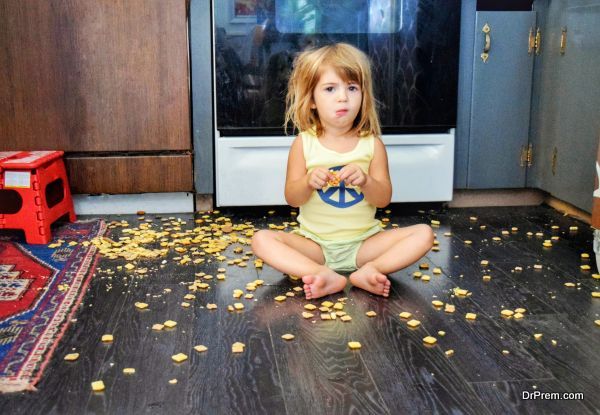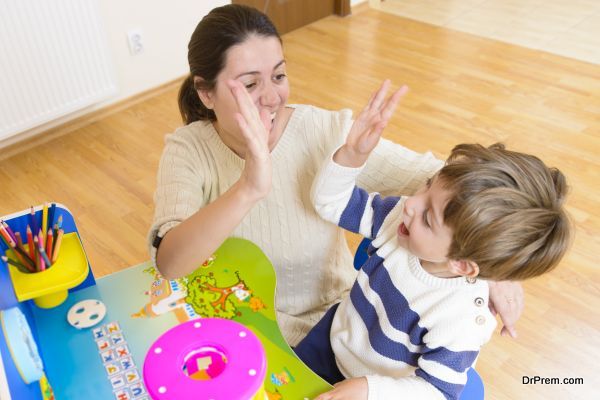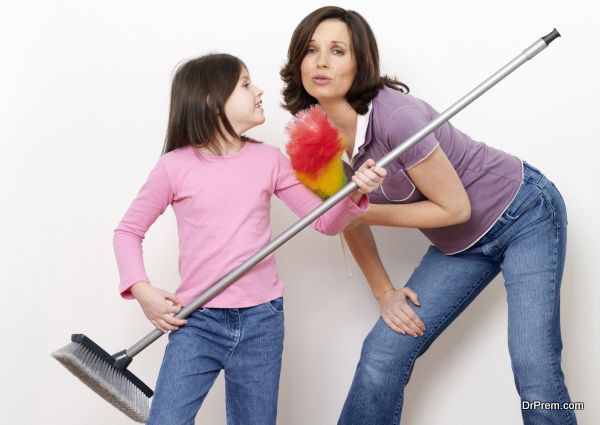Household tasks can be a challenge at times, but when you have your little ones around, it can seem like a daunting task altogether. One of the best ways to make the most of a difficult situation as well as teaching your children from an early age is to educate them on how to clean up after themselves, or at least begin to help with the general tidying of the house. While you’d never expect a young child to grab the hoover, you can implement smaller, simple tasks that will help kids grow and mature.
Sense of Pride
Toddlers and younger children love to help out. They always want to help mummy or daddy with tasks to make them feel older and more involved. While not all tasks are appropriate or safe for younger ones, there are a handful of things you can get them to do that will give them a sense of pride and make them want to do them again. Tasks such as putting toys back into a box, placing books back onto a shelf and so on are relatable to them and will teach them to tidy up after themselves too.
Think Realistically
While teaching your child to make their own bed or get themselves dressed on a morning may seem like an obvious task to set, it’s important to remember the ability your child has at their age. For children under the age of five, you may want to start by setting them the task of simply folding back their duvet to cover the bed sheets, instead of neatly tucking it back in ready for the next day. You can then reward them for their efforts, and neaten up the job yourself later on. When it comes to getting dressed, you may want to line the clothes neatly on the bed for them to then put on themselves. It may be a challenge for your child to select the clothes or reach into the wardrobe or drawers, so this will help them while still teach them the skills to dress themselves.
Limits and Boundaries
Your home can become very messy and cluttered due to the endless number of toys scattered across the floor. Just think about how much neater and safer your house would be if there weren’t Lego traps or dolly clothes positioned behind the door ready to catch you on your way into the room. Teaching your child that they can only have a set number of toys out at once will enable them to prioritise which toys they’d like to play with, while also encouraging them to tidy other toys away before getting any more out to play with. This will help keep your home tidier, as well as motivate them to control what they’re playing with and when.
Rewards Schemes
Children respond very well to rewards and praises. Rewarding your child is a simple way of acknowledging their hard work and giving them something to be proud of. There are so many fun and exciting ways in which you can reward your children for their efforts around the house. Introducing items such as progress charts, rewards charts and sticker boards will give them something to work for. Write the tasks you have taught or are teaching your child onto a chart and then write the days of the week. When your child completes this task, you can then reward them with a golden star or sticker.
This will encourage them to want to get the star, therefore wanting to do their chores. Sticking this chart on the kitchen cupboard door or onto the fridge is a great option as your child can see the chart and monitor their own progress and achievements.
Article Submitted By Community Writer






